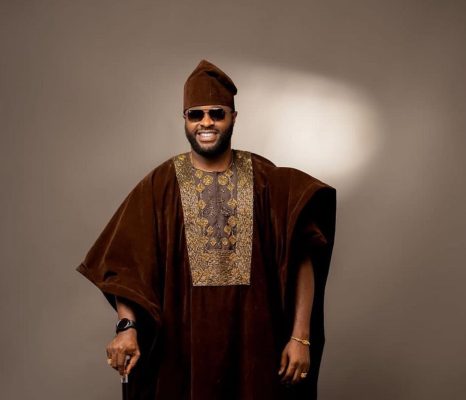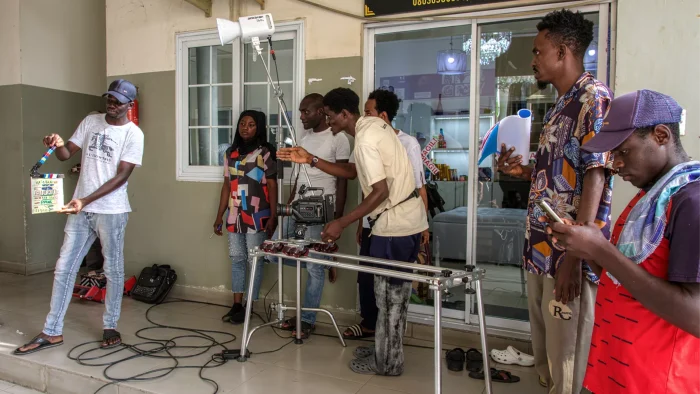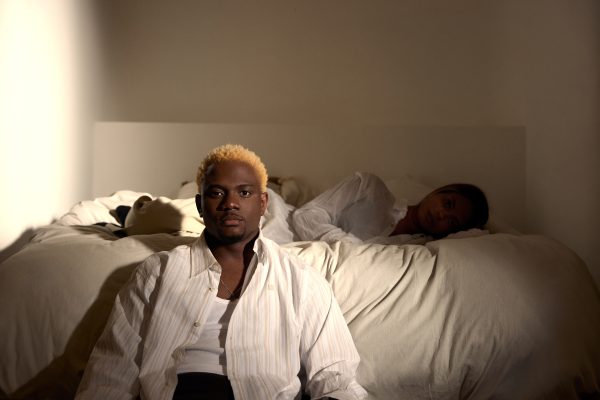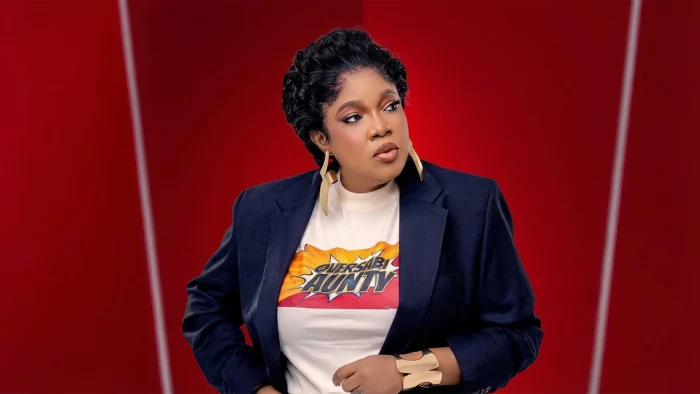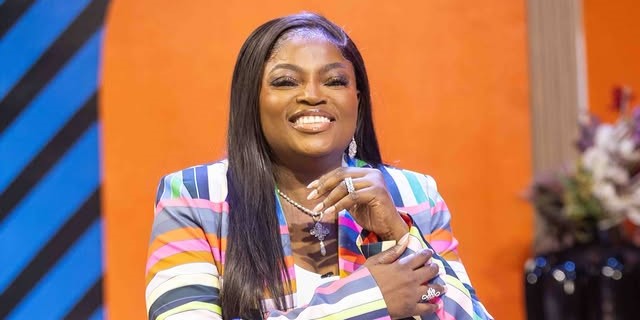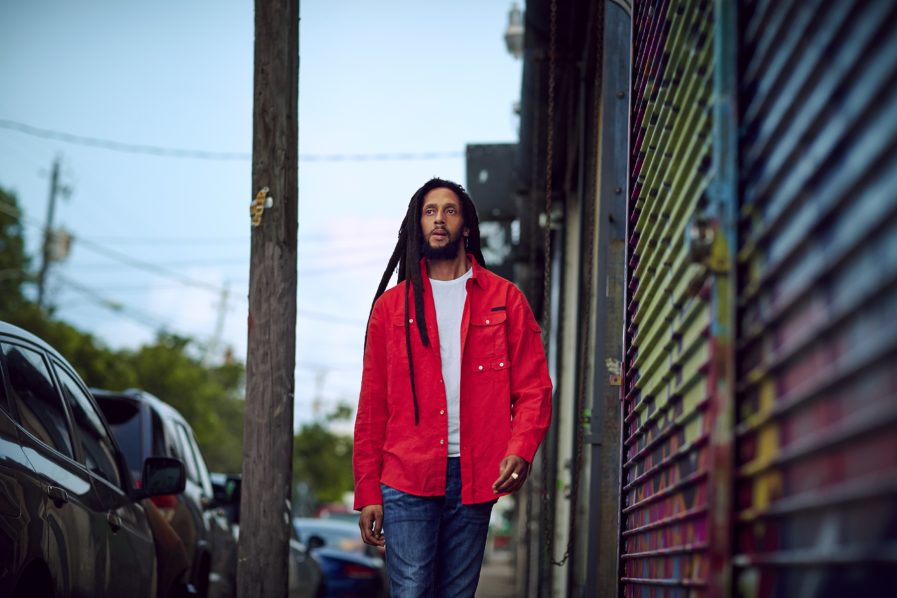
Reggae music emerged from the Caribbean island nation of Jamaica and grew to become not just a global phenomenon but also a culture. Lovers of the genre often give thanks to Jah, as well as Bob Marley, who is one of the pioneers of reggae and who is considered one of the greatest musicians of all time, for spreading the music to a global audience.
One of Marley’s sons, Julian Ricardo Marley, a reggae singer-songwriter and philanthropist, sat for a chat with The Guardian Life.
Julian appeared for the video chat donning a rastacap – also known as a tam – while thick strands of his locks could be seen flowing down to his red shirt, an identity Rastafarians are known by.
One would wonder if Julian who is himself a two-time Grammy-nominated musician ever felt a responsibility to his last name, Marley.
“I see myself as having the responsibility of being a human, having a life, you know. Being one of the creations of the Almighty, each of us has a responsibility. Name is a name, you know,” he said in a thick, yet calm, voice.
[ad]
“For me, responsibility is from your own consciousness of knowing how one must live and what do the people need? The people need good inspiration, words, good music. That is where I come in. It’s not the name. It’s the soul. It’s the DNA. It’s the good music and vibes.”
Julian’s dad, who passed away in May 1981, is considered a global symbol of Jamaican music and culture. And just like the children of Afrobeat pioneer, Fela Kuti, some of Marley’s children are also carrying the baton of his legacy. But Julian said he doesn’t feel the pressure to do more than his father did.
“You can’t do twice as much; you have to do what you can do,” he said. “You have to do what you are supposed to do, cuz everyone has a mission. Everyone has something to do. I don’t think of it like that.
“I am a man of nature. We pick up divine inspiration. We don’t deal with pressure in that sense. You cannot do what the father do [sic]; you can do what you do.”
Julian is a man of nature. Life, love and nature are what inspires his music. For instance, Julian and Jamaican music icon Junior Reid recently collaborated on the song, “Mother Nature”. The J-Rod Records and Mouttet-produced song is a social commentary on how human beings are out of balance with nature, choosing to focus on money and power as opposed to life and health.
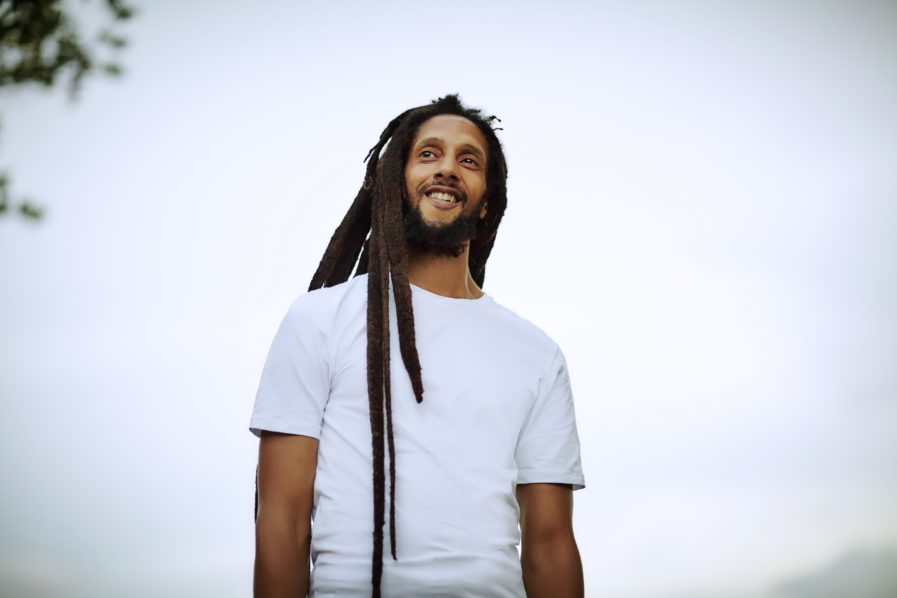
“Love is the answer over all things,” Julian said, explaining how the song was born in the light of recent happenings such as the wildfires, coronavirus pandemic, the Black Lives Matter protests and numerous killings across the world. He advocates that in these trying times we should “respect the Almighty and love each other.”
[ad]
“Africa Unite”
Julian is a devout Rastafarian. Rastafari, also known as the Rastafarian Movement, is an Abrahamic religion that originated in Jamaica during the 1930s. One of the core ideologies of Rastafari is Afrocentrism, and many Rastas consider Africa to be the Promised Land or “Zion”.
But has the message of the return of the African diaspora to Africa changed for Julian and other Rastafaris?
“It can’t change,” Julian refuted. “The biggest movement is to have it in your mind. Do you understand?” he asked.
To buttress his point, the 45-year-old Julian compared Black people with the “Israelites of the Bible” who have been scattered all over the world.
“I don’t see no other nation scattered all around the world except for the African; the Black man,” he said.
“First of all, you have to repatriate first in your mind and in your heart. That means to educate yourself about your own heritage and your own life.”
Julian then went on to emphasise that Black people, the world over, will always see as Africa as their home.
“Where do we have that we say is our own? Many Black people around the world don’t have no place that they can say ‘yah man this our land.’
“No, you can’t say that in your heart, even though you live there. No matter where I live, me know where I come from (sic),” stressed Julian, who added that since he was about three or four years old, he had been listening to some of his late father’s Africa-themed songs such as “Africa Unite” and “Zimbabwe”.
[ad]
Julian mentioned music from the likes of the Ivory Coast-born Alpha Blondy, late South African singer Lucky Dube and the late Majek Fashek as his introduction to Africa’s reggae music. And as far as he is concerned, “reggae in Africa is like coming home; being at home.”
It is for the above reason that Julian advocates for the unification of Africans and people of African descent.
“We are brothers and sisters,” he said, “Anywhere you go in the world, we’re one.”
In light of this, Marley recently featured alongside Sir Shina Peters on the song “54” by DJ Cuppy.
On “54”, Julian sings “Mama Africa, my forefather, sister and brother under one umbrella / Artist like Fela and Cantania, we travellin’ from Sudan to reach Ghana / That’s what I wanna see, Is Africa’s continent as one country.”
Asked if he has the chance to build his dream team of musicians from anywhere in the world to feature on one glorious song, which three artistes he would feature, Julian laughed, before saying: “To have a song that really touches the world, we [must] have 500 people. We might have to do a song long like Fela Kuti.”
Afrobeat pioneer Fela Kuti, on average, had songs that were at least 10 to 15 minutes in length. A few of his tracks were 20 or even 30 minutes in length, while some unreleased songs would last up to 45 minutes when performed live.
The Spirituality Of Reggae
Reggae music, like Fela’s Afrobeat, is noted for social criticism. But unlike Afrobeat, it is noted for its spirituality. These themes can be noted in songs such as Bob Marley’s “Redemption Song” and “War”, Majek Fashek’s “Send Down The Rain” and “So Long Too Long”, and Lucky Dube’s “The Way It Is,” amongst others.
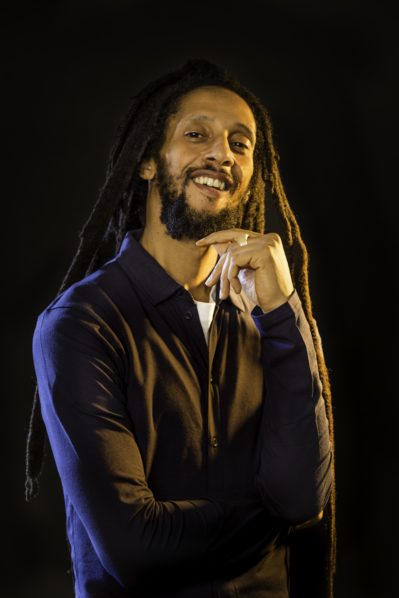
“We have seen about the struggle, we have seen about the injustice… the whole connection with Africa and reggae is one; one people. One message,” continued Julian, to whom reggae music means “king’s music and representing the Almighty.
“There is only king. The king of kings; God himself,” he added.
[ad]
Julian also described reggae music as music of freedom and redemption, noting that other music genres have themes that are central to them such as R&B being associated with love and relationship.
Speaking further on the peculiarity of reggae, he said that “reggae music speaks about consciousness and righteousness.”
Spreading Love Around The World
Julian Marley is a humanitarian. He and his brothers, Stephen and Damian, who are also multi-award winning reggae artistes, form the board of directors of Ghetto Youth Foundation, a non-profit organisation created to provide a helping hand and to support the fundamental needs of underprivileged people across the world.
From subsidised meals for seniors in Jamaica to school scholarships for students in Ethiopia, right down to helping teen mothers in America, the work of the foundation is about providing universal opportunity.
Julian said the foundation has plans to spread further to other parts of the world, especially Africa.
In spite of his father’s fame, Julian had a humble beginning.
“Most of our family grew up under the social living where the government have to help you out,” he recalled. “A man say, ‘yea, you’re Bob Marley’s son’ I say, ‘yea’ but at the end of the day, still no have some food to eat until later.”
Julian is the only son of Bob Marley born in the United Kingdom. His childhood was spent between England and Jamaica. From an early age, he learned to play the keyboard, drums, bass guitar, among other instruments.
When asked what he would be doing if he weren’t doing music, he said: “If not for music, who knows? Jah reaches out to you in far places and say ‘do this’… It’s like a divine inspiration that music come [sic] to me.”
He added that if he grew up in Jamaica and wasn’t doing music, he might have been a farmer. “I’ll be growing up in my family country part of Jamaica, which is in the mountains where they do lots of farming. If it was Jamaica, I’ll be alright farming. But England? I’ll be a criminal and violent man.”
[ad unit=2]


